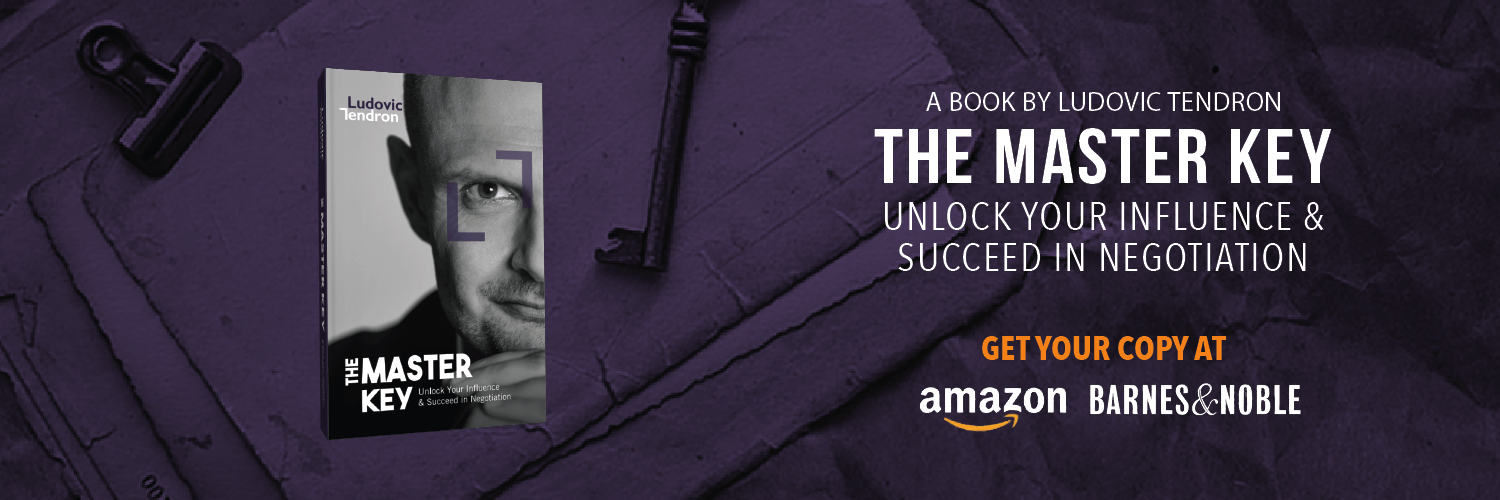A crisis like that of Covid-19 triggers a stream of challenging negotiations and re-negotiations. They are a challenge because:
⚠️ Stakes are high
⚠️ Discussions are often emotionally charged
⚠️ Situations are complex (multiple stakeholders and/or other factors)
⚠️ Stress can lead to risky decisions
Based on my experience, the following reduces chances of deadlocks and disputes, and increases chances of positive outcomes:
1 – Move From A Competitive Mindset To A Cooperative Mindset
In the middle of a crisis, it is human nature to get into ‘survival mode’ and protect our own interests. However, if everybody does the same, many issues remain unresolved and tensions exacerbate. Although some situations require immediate action like cutting losses, thinking that you can prevent your boat from sinking by only looking out for yourself is a mistake. There is always space between the stimulus and the response where you shouldn’t rush into a response. Rather position yourself better for the long game.
Take this opportunity to strengthen relationships and develop new ones. This is likely to deliver better results than opting for an egocentric approach. You can achieve this, for instance, by listening to the other party with a genuine desire to understand their predicament, and concentrate on the points of interest to resolve bigger issues. With this framework you set a positive dynamic moving forward.
2 – Mind Your Tricky Brain
Mind how you think in the time of crisis. When we face a threat, our body and mind are on alert and temporarily shuts down some non-essential functions to survival in order to create an automatic response to danger. These quick responses are based on what we have learned in the past, which are basically mental shortcuts.
This is why the brain will pay more attention to bad news than good news. It is sensitive to negative information in a disproportionate way. This negativity bias is Mother Nature’s way of arming us with threat detectors. This is why you must make a greater effort to look at all angles.
Social conformism is also a big factor on how we make decisions in times of a crisis. We have a great aptitude to identify similarities and associations with the people around us. This ability allows us to solve problems faster, however, this analogical thinking is an easy shortcut that doesn’t necessarily weigh all odds properly. React to a crisis because it makes business sense and not because everyone else (your competitor) is doing it.
3 – Address Your Stress
We are not at our best under stress, because our body releases the cortisol hormone that clouds our thinking and unleashes negative emotions. Not only do we become forgetful under stress, but we can also make haste and regretful decisions. Having a cool head under pressure is paramount.
In order to limit the negative effects of stress, it is important to think ahead to feel in control. Rather than just reacting to the environment, one should prepare for all situations in order to have more perceived influence. For instance, when assessing situations with stakeholders, foresee the worst possible scenarios and have solutions ready. Being overwhelmed with just reacting to a crisis exacerbates your existing tension.
The mind has the ability to turn this stressful energy into positive fuel. Science shows that you can make stress your friend by convincing yourself that your body is just getting energized to meet the challenge (rather than thinking stress is bad for you). Stress not only releases cortisol but also oxytocin to counter-balance the negative effects of stress. Oxytocin is better known as the love hormone. This is the reason why in time of stress we often feel a need for support, be surrounded by people who we care about, etc. Therefore, strengthening relationships and showing empathy in the time of crisis help to cope with stress and avoid heated discussions.



